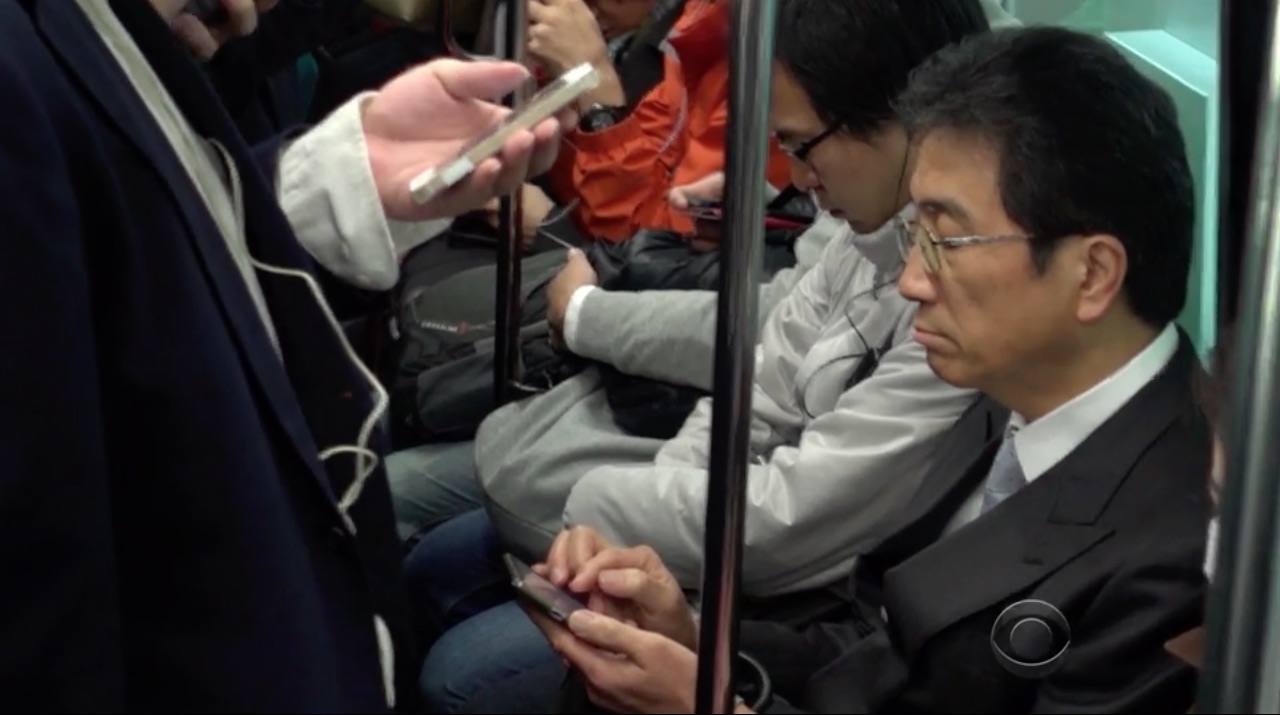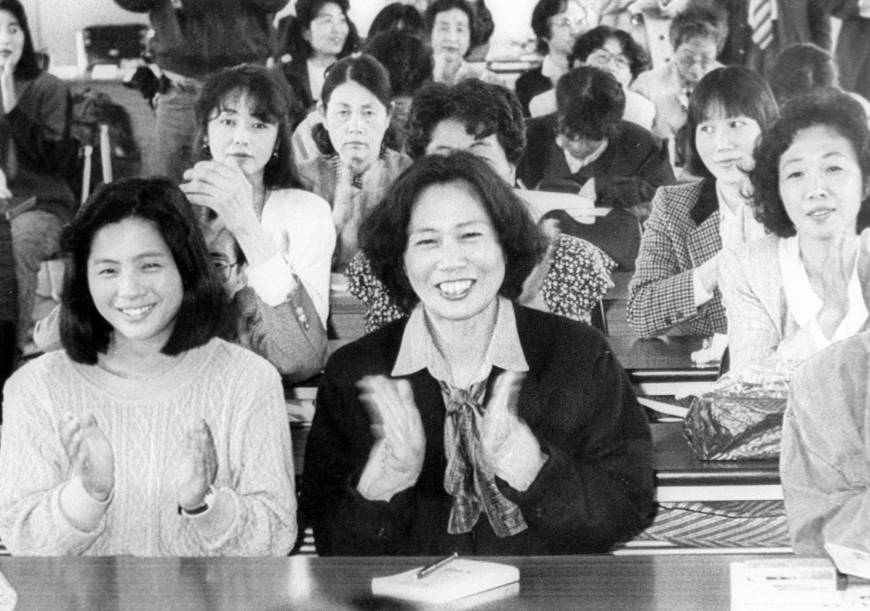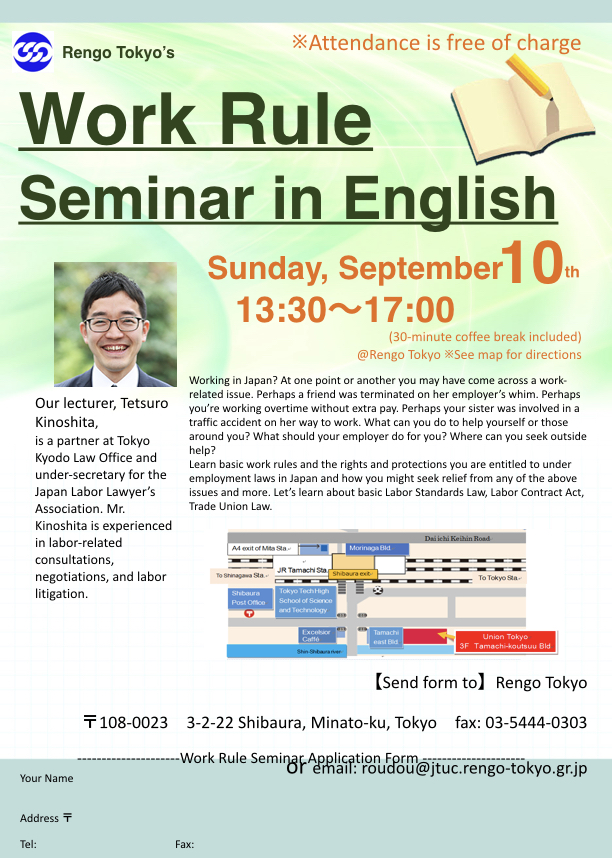This month I will explore compassionate leave — called kibiki kyūka in Japanese — the days you take off after losing a close family member. I chose this topic because I recently suffered a string of painful losses. Please bear with me as I relate to you what has happened to my loved ones over the past couple months.
Do you remember my granny bunny? I told you about her and the need for pet loss leave exactly a year ago in my February 2017 column, “Japanese need to take more leave, starting with when beloved pets pass.” Readers from around the world wrote to me in response to that article, empathizing, expressing warm wishes, like “I wish I could have taken off work after I lost my hamster” and “I feel such sadness when I remember my cat’s death.”









